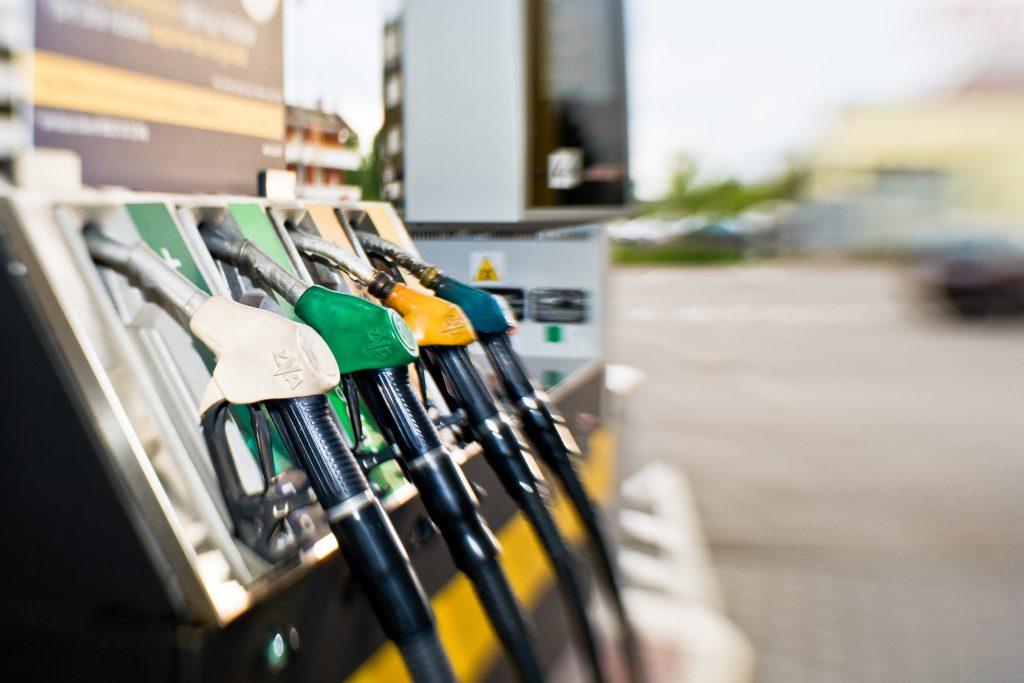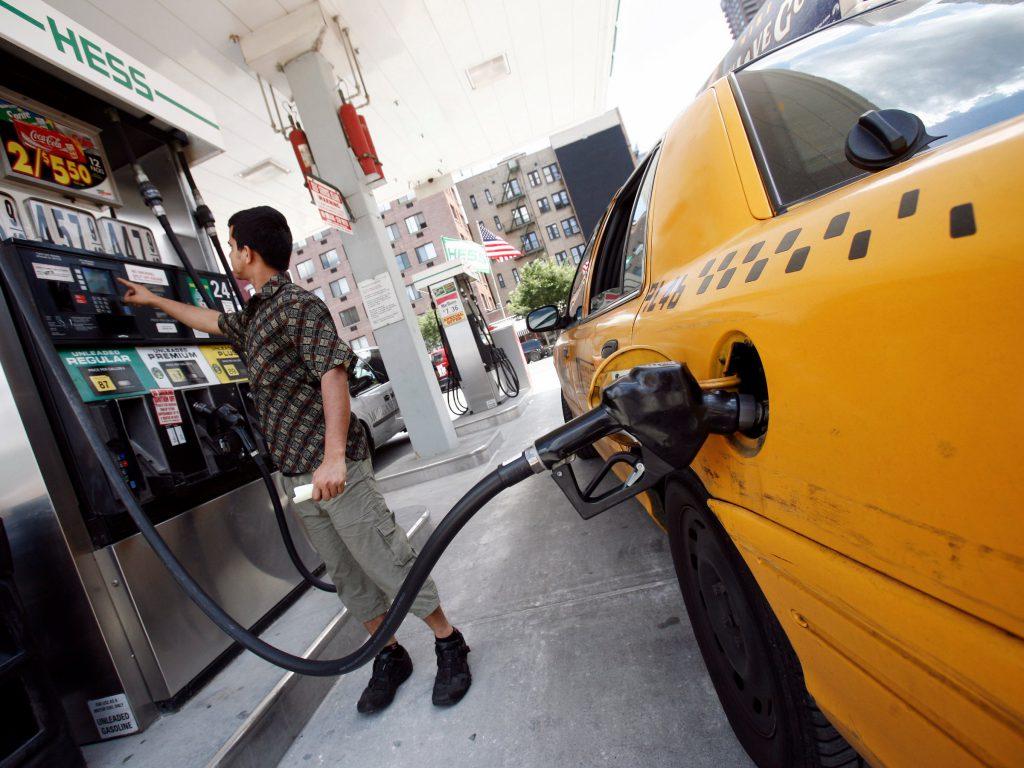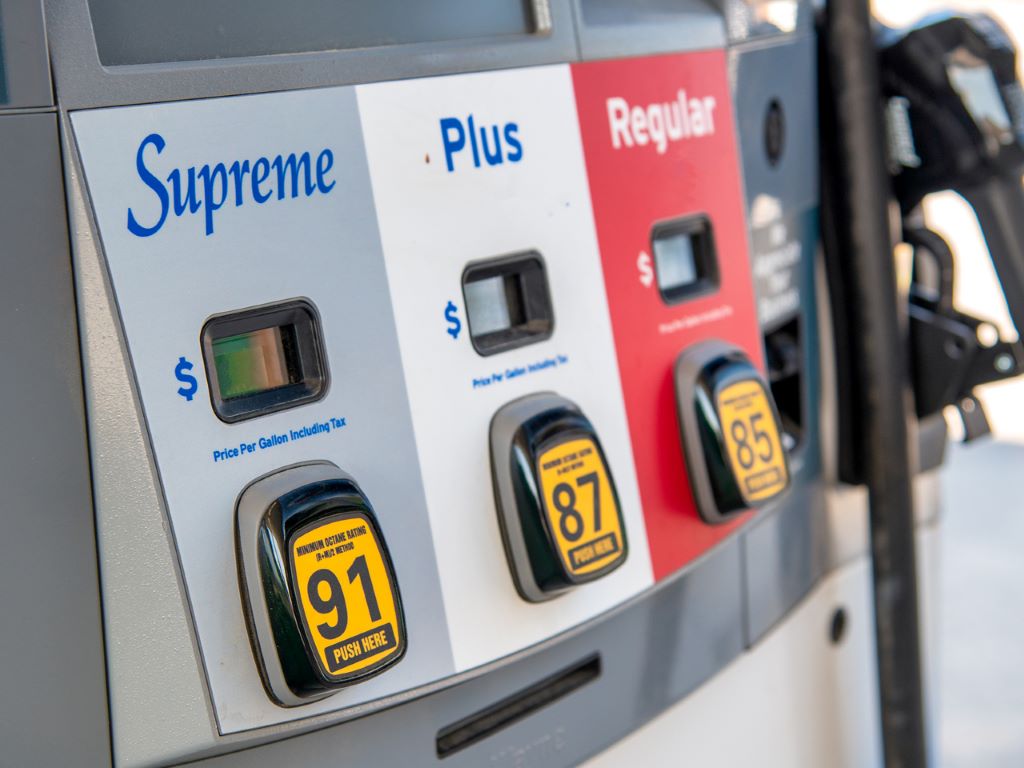Folks should know and understand what happens if you put premium gas in a regular car to avoid the unexpected results and benefit the injectors.
Many years ago, premium gas claimed to be efficient in terms of cleaning the fuel injectors. Earlier, fuel injectors were new and could easily catch dirt, making them inappropriate to work.
But today, most types of fuel gasses contain detergent that keeps the fuel injectors clean. Thus, no longer do you have to pay those extra dollars to raise the efficiency of the injectors. Sounds good, isn’t it?
Contents
To simply state, premium gas has more octane levels than regular gas. The octane rating of gasoline determines when the engine combustion will occur at a wrong time.
With a high level of octane, the chances of engine combustion decrease at any time other than when most likely it has to.

A mistimed explosion, also said as “pre-ignition” or engine knock is known by these names because it simply sounds like knock or ping. High gasoline resists the engine knock. When mistimed combustion takes place, the vehicle emits lower-level pings.
An occasional ping most likely will not harm your vehicle, but repetitive knocking will lower the car’s engine. Perhaps because of this condition, earlier people put premium gas in a regular gas car.
Most cars with regular gasoline have the rare benefit of using premium gas in their engine. Here is what happens if you put premium gas in a regular car.
Using premium gas in a regular car will cost you more with almost no added benefits.
The Federal Trade Commission says that using a high-octane gasoline rather than a recommended one will offer almost no benefits. It will not make your engine perform better or faster.
One state may consider 92 rating gasoline as premium, while the other may need only 90.
The available gas station considers three octane grades: regular grade (87 octane), mid-grade (89 octane) and premium grade (91-93 octane). So you may not be using a very high-octane level as premium gas for your car.
If your car is a regular one that does not have turbochargers or is not a heavy engine car, using a premium gas will only waste your money.

As the cars that are heavy or have turbochargers have higher compression ratios, they knock without premium fuel. Therefore, using premium in older cars is necessary rather than regular cars.
There are no visible side effects or benefits of using premium gas in a regular gas car. However, if you want to use premium gas in your regular car, ask automobile experts about this.
SEE MORE:
If you are still wondering is it bad to put premium gas in a regular car, you can refer to the things that will happen if you mix these two at once.
In old automobiles, combining ordinary and premium gas would have resulted in severe engine banging, which would have occurred quickly. Engines are becoming more flexible to variation. Is it harmful to blend premium and normal gasoline?
Not always, to be sure. If your automobile requires premium to function well, but you can’t find a station that sells it, topping off with normal gasoline won’t hurt. You should avoid operating on ordinary gasoline for long periods of time.
There are several reasons why your car may require premium gas. If you have a turbocharged engine that requires higher octane fuels to work correctly.
Or if you have a high-performance automobile with a high-strung engine that operates with tight tolerances, mixing normal and premium petrol may be a terrible idea.
What Gas Type Should You Use Based On Your Vehicle?
Now you know what happens if you put premium gas in a regular car, let’s get to know the suitable gas type for your vehicle.
If you own a car that requires premium gasoline, don’t consider switching to normal petrol on occasion to save money at the pump.

Though it may be tempting in the name of cost savings, using normal gasoline on a frequent basis can cause engine noise and long-term damage to the engine. This is not worth the couple of dollars you’ll save while filling up.
Even for cars that require regular gasoline, many drivers believe that using premium fuel on occasion can increase engine performance and fuel economy. In truth, this is most likely a placebo effect.
In terms of fuel economy, the difference is negligible, thus we don’t advocate filling up on premium unless absolutely necessary.
-
Can you put premium gas in any car?
Yes, you can put premium gas in any car. The more extensive explanation is that fueling with premium gas does not benefit your engine to any point.
An engine must be constructed to take advantage of the anti-knock qualities of premium gas.
-
Is there a downside to using premium gas?
A higher octane rating indicates that your engine is less prone to knocking. Unless your engine demands extra octane gas, purchasing it is an ineffective use of money.
The premium version of gas is typically 15-20 cents per gallon more expensive than ordinary gas.
Check out this video from ChrisFix to learn more about the best fuel to use in your car or truck!
-
Does premium gas last longer?
It may sound like one of the benefits of using premium gas, but no, premium gas does not last longer than conventional gasoline.
Drivers may only think about the lifetime of a car’s gas if the vehicle has been lying idle for a prolonged length of time. And we’re talking about months or years here, not days or weeks.
-
Does premium gas clean your engine?
No, premium gasoline isn’t a special ingredient for engine cleaning. The biggest worry in engine maintenance is carbon build-up, which can occur with all fuel types gradually if normal checks are skipped.
-
Will regular gas hurt a premium car?
If the manufacturer of your car advises premium gasoline, then filling it up with premium is a smart idea. Using lower-octane gasoline in a high-performance engine over time may induce knocking, which may damage the engine.
Conclusion
So in the end, what happens if you put premium gas in a regular car? People put premium gas in a regular gas car for better car performance and handling, but in very rare cases this is the outcome.
With appropriate maintenance tips and regular check-up for your car, you can certainly improve its performance and longevity to multiple folds. So always consider carefully and do what is right for your car!



